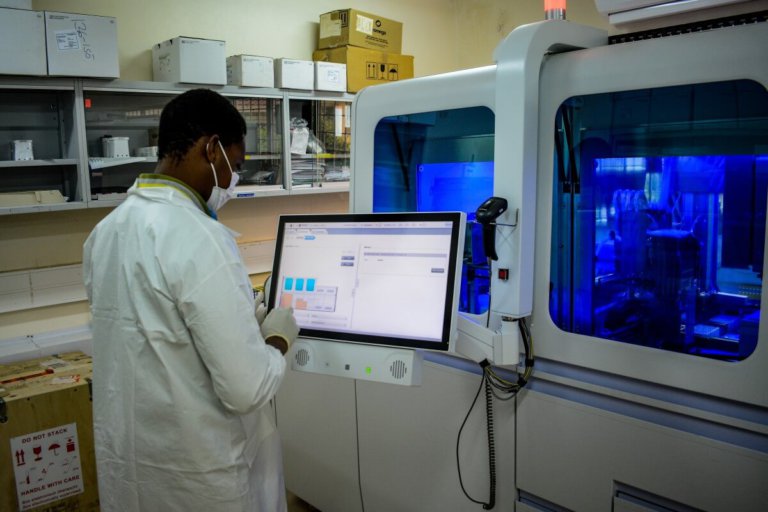
If you want to climb to the top of the academic ladder, these two postgraduate degrees can help.
The first is a PhD. Otherwise known as a Dphil or Doctorate of Philosophy, this degree typically takes three or four years; part-time PhDs take six or seven years.
The second is a Professional Doctorate degree, an alternative to the PhD. It takes two to five years if you study full-time and three to eight years if you study part-time.
Getting these two degrees mixed up is common as they sound similar and are both popular postgraduate routes, but there are key differences.
What is a PhD?

PhD degrees are ideal for aspiring researchers. Source: Kenzo Tribouillard/AFP
PhD stands for “Doctor of Philosophy” and is an academic degree that focuses on original research, data analysis, and the evaluation of theory.
Every year, hundreds of thousands of students apply to gain this qualification which would fulfill the basic requirement for a career in academic.
The key requirement of a PhD is the creation of new knowledge. Working closely with a supervisor, you will conduct independent research.
PhD degree frameworks also differ. You may find that some involve research and examinations, whereas others require you to teach undergraduates.
The same goes for your final thesis. Some PhD degrees expect you to produce dozens of pages in research and analysis, and others expect hundreds.
There are many different subjects to explore with a PhD too.
For instance, you could graduate with a PhD in Agricultural Sciences, a PhD in Dentistry or even a PhD in Evolutionary Biology.
Scrolling through potential PhD courses, you’ll see that a majority of institutions require all PhD candidates to possess a Master’s degree, plus a Bachelor’s degree.
This entry criterion remains the same for a Professional Doctorate, but some universities may waive this if they believe a candidate has exceptional potential.
What is a Professional Doctorate?

You may find the professional doctorate degree to be more practical. Source: Ulrich Perrey/AFP
Professional Doctorate degrees focus more on vocational subjects such as medicine, education and engineering.
Rather than a heavy research focus, this postgraduate route has a teaching focus and is designed for working professionals in the public, private and third sectors.
That’s why many working professionals who have practical experience in their field choose a Professional Doctorate degree as they want to translate their practical experience into a higher position of credibility and leadership.
The format of a Professional Doctorate degree differs from a PhD’s as it expects you to study a greater number of research training and discipline-specific modules.
Similar to a PhD format, a Professional Doctorate degree also expects you to produce a piece of original research. Yet your research will be informed by your personal, professional practice and experience instead.
Common Professional Doctorate degrees include the Doctor of Business Administration (DBA), Doctor of Education (EdD), Doctor of Nursing Practice (DNP), and Doctor of Public Health (DrPH).
And once you have completed your professional doctorate, you will also earn the title of “Doctor”.

Which research degree will you choose? The PhD or the Professional Doctorate? Source: Karoly Arvai/AFP
Liked this? Then you’ll love…
What are some of the popular postgraduate degrees for C-suite women?







